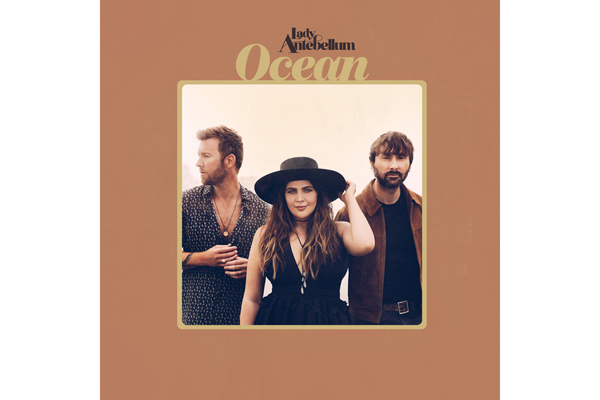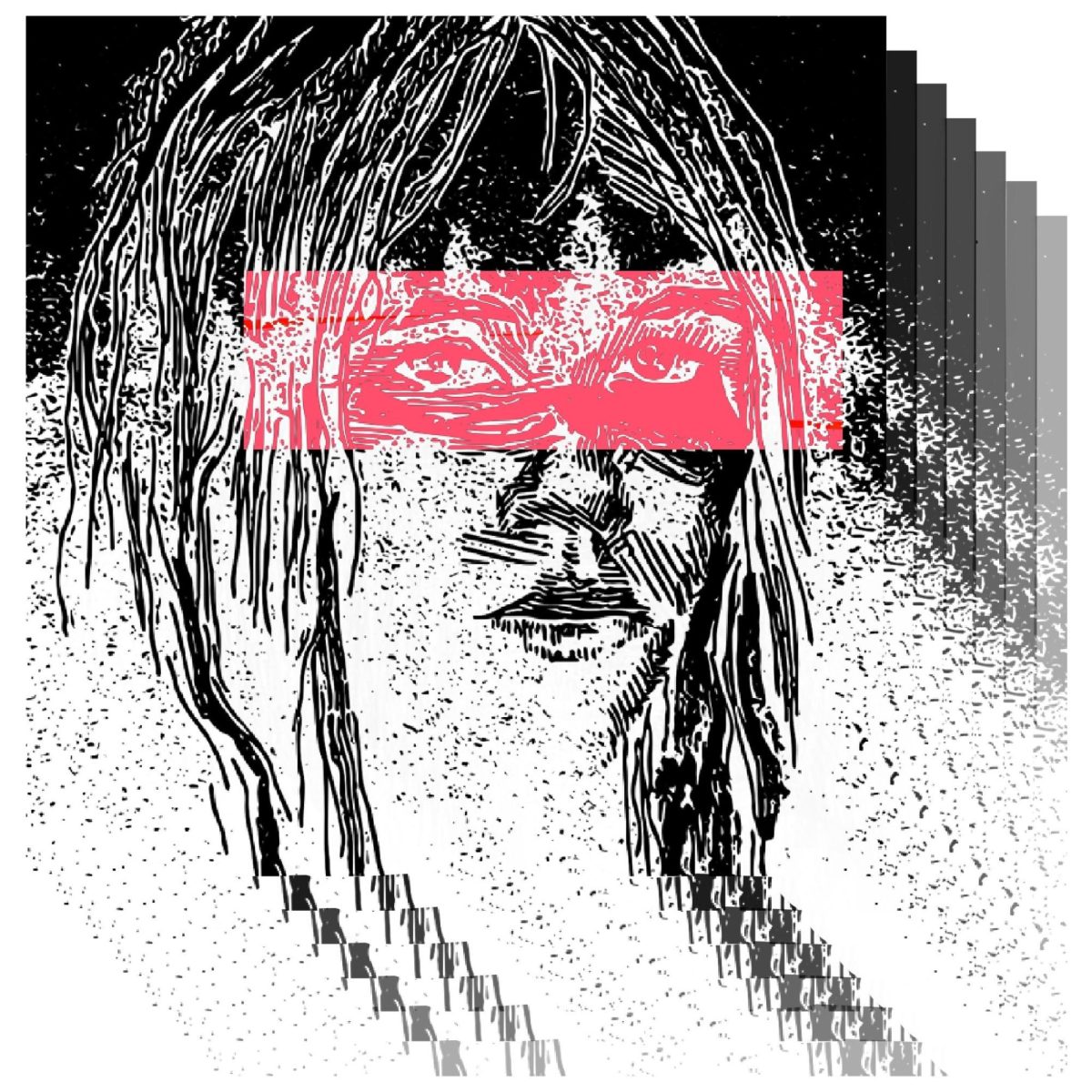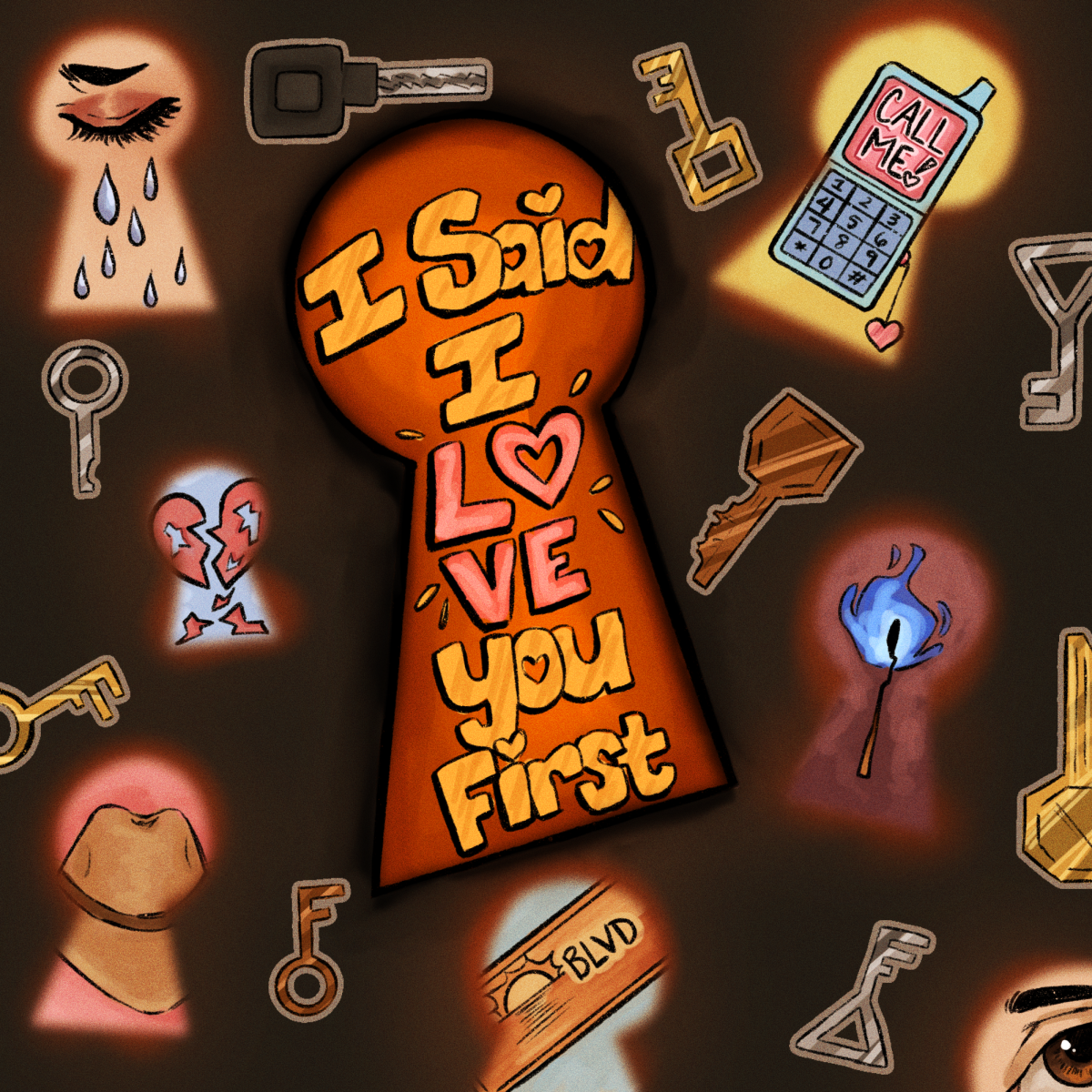It’s been two years since Lady Antebellum released new music and the band’s latest album is well worth the wait.
On Nov. 15, the country music group released its eighth studio album, Ocean — the band’s first under Big Machine Label Group. Ocean contains a conglomeration of emotionally charged ballads, honkey-tonk dance jams and pseudo-hymns that are a few “hallejahs” away from being included in a nondenominational worship service.
Over the 47-minute runtime, the band takes their time to explore a bevy of lyrical themes. To their credit, each song is honest and emotionally self-aware. The album’s tone is positive and hopeful. Although the artists sing about melancholy topics like alcohol abuse, emotional detachment and missing their families on tour, each problem is coupled with a solution.
In an interview with People magazine, singer Charles Kelley said the song “Be Patient With My Love” was written to his wife during a time when the artist struggled with drinking and his spirituality. The sobering lyrics of the first verse, “Mighta drank too much wine/Mighta said somethin’ that/I just can’t take back” are paired with the chorus’ healing message, “‘Cause I’m comin’ back/ Back to my senses/ I’m comin’ back/ Like holy redemption.” The problem-solution lyrical strategy gives the song a mature sound. Unlike so many singers that spend four minutes wallowing in self-pity without any indication that they plan to take action to correct their mistakes, Kelley admits to his shortcomings, asks for forgiveness and outlines how he intends to change.
However, not every song is equally well written.
One problem with waiting two years to release an album is that, by including a song like “You Can Do You” in 2019, it seems like the band is out of touch with the times. The lyrics, “You can do you, I’ma do me/ We all came here for the same thing/ We’re all living in the land of the free” sound like a weak attempt at inclusivity.
The song paints a picture of a diverse group of people gathering in a bar to have a good time. The lyrics imply that the band is giving this seemingly diverse hypothetical audience permission to party the way they prefer. It neglects to consider that their listeners already have agency to express themselves how they want. It’s not a bad message, but when straight, white country singers use the metaphor of a bar party to promote a message of diversity and inclusion — regardless of intent — the tone seems a bit fake.
It seems like they’re attempting to monopolize on a sentiment that is now widely accepted and is no longer new or novel. The song is fun and upbeat, but Ocean wouldn’t have suffered if it were cut.
Overall, Lady Antebellum fans will enjoy this album because it stays true to their original sound while expanding on the band’s lyrical storytelling abilities. The greatest country music writers are some of the best storytellers. They are able to harvest their most intimate experiences and deepest emotions, refine them into songs and present them to the listener as a banquet of music.
Ocean possesses a level of vulnerability and openness that can be difficult for a well-established group to achieve. If the album is an offering of emotion, listeners should come for the savory, high-energy numbers and stay for the sweet, quiet moments where the performers wear their hearts on their sleeves.




















